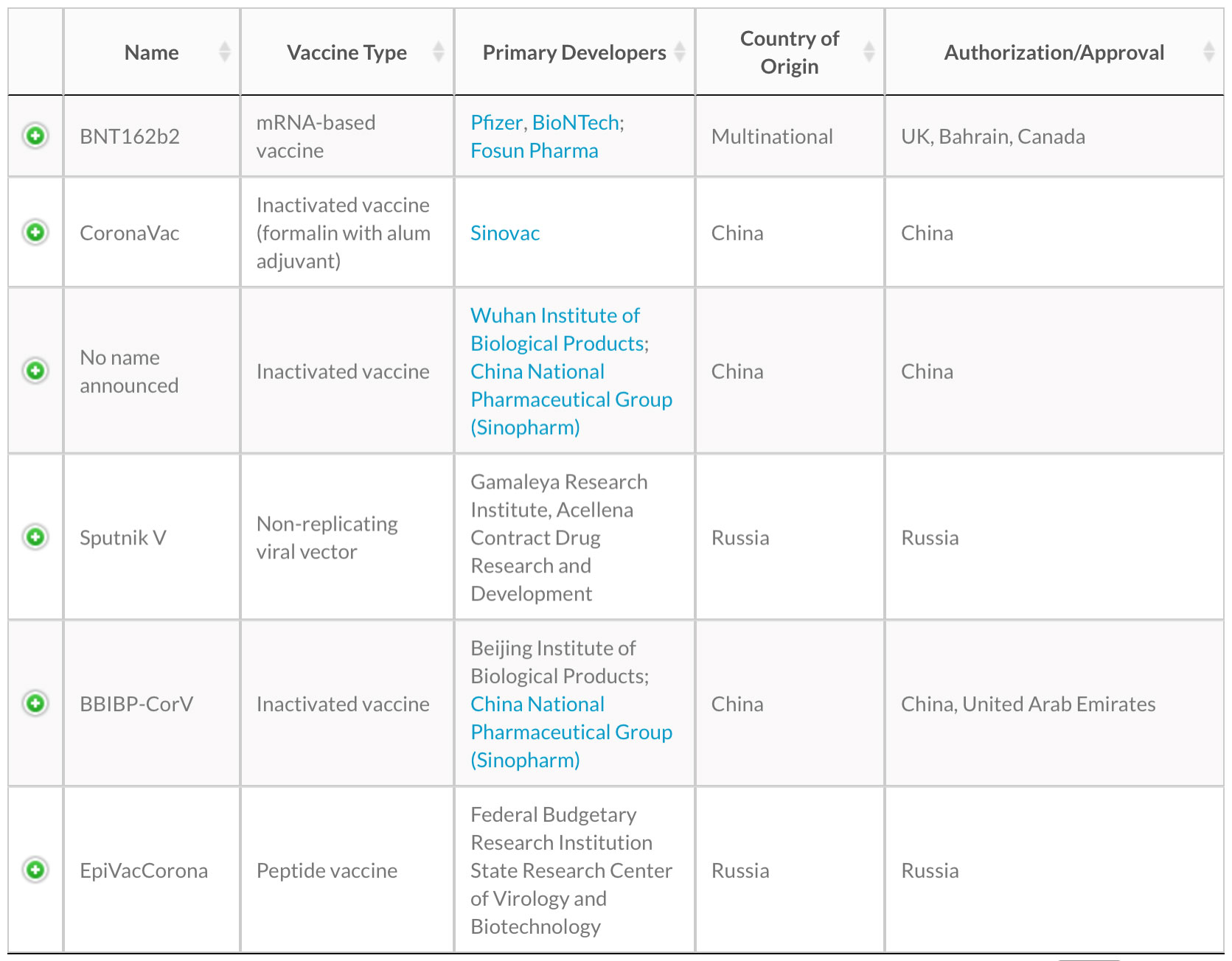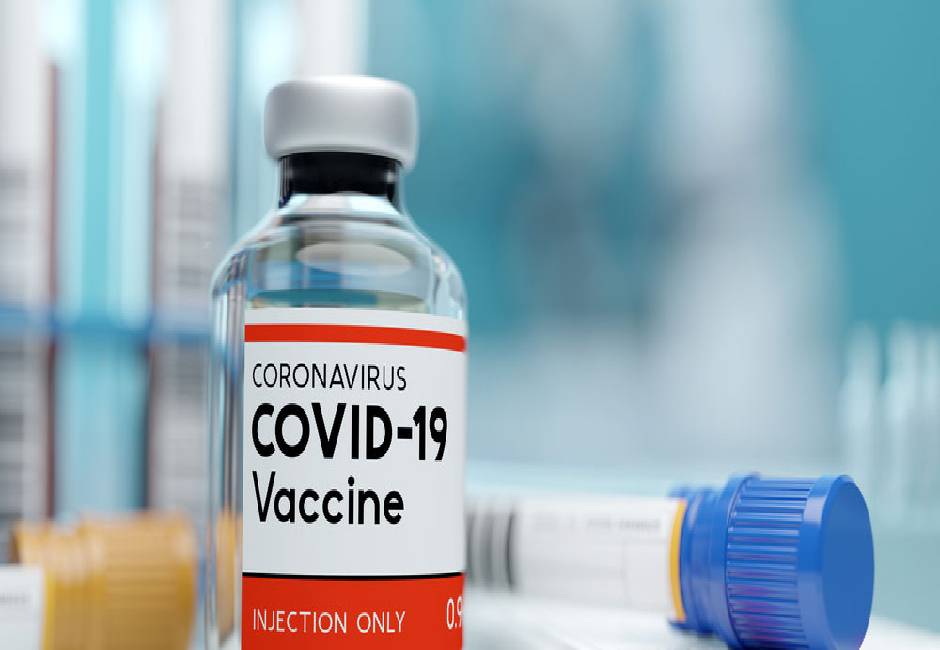December 20, 2020
The principle of a vaccine is that it helps our bodies develop immunity to a virus without us having to get the illness. The same applies to the COVID-19 vaccines.
Different types of vaccine work in different ways to provide a defense, but always result in the body being left with a supply of what is called 'memory' T-lymphocytes and B-lymphocytes cells that 'learn' how to fight off a future virus attack. Since this immune process usually takes a few weeks, a person may be infected with the virus that causes COVID-19 just before or just after vaccination and then gets sick because the vaccine did not have enough time to provide protection.
Vaccine Types
Currently, there are three major forms of COVID-19 vaccines in the United States that are or will soon be undergoing large-scale (Phase 3) clinical trials. Our bodies are prompted to identify and protect us from the virus causing COVID-19 disease by each form of vaccine as follows:
- mRNA vaccines contain virus material that induces COVID-19 and provides instructions to our cells on how to produce a virus-specific harmless protein
- Protein subunit vaccines contain harmless virus sections (proteins) that cause COVID-19 instead of the entire germ
- Vector vaccines contain a weakened version of a live virus - a different virus from the one that causes COVID-19 - that has genetic material from the virus that causes COVID-19 inserted into it (this is called a viral vector).
All these vaccines help our bodies develop T-lymphocytes and B-lymphocytes that, if infected in the future, will know how to combat the virus. It is important to keep in mind that more than one shot is needed with most COVID-19 vaccines and that none of these vaccines can give you COVID-19.
Authorized/approved vaccines
Below is the revised table of authorized/approved vaccines (10 December 2020):

https://www.raps.org/news-and-articles/news-articles/2020/3/covid-19-vaccine-tracker
Stopping a pandemic requires all available resources to be used. Vaccines support your immune system to combat the virus if you are exposed to it. Other strategies, such as masks and social distancing, help minimize the risk of being exposed to or spreading the virus to others. The best protection from COVID-19 is a combination of the vaccine and following the CDC's advice on how to protect yourself and others.
You can find more information at:
- https://www.raps.org/news-and-articles/news-articles/2020/3/covid-19-vaccine-tracker
- https://www.cdc.gov/coronavirus/2019-ncov/vaccines/faq.html
Luciana Aparecida Campos Baltatu, Ph.D.
College of Health Sciences
Abu Dhabi University

